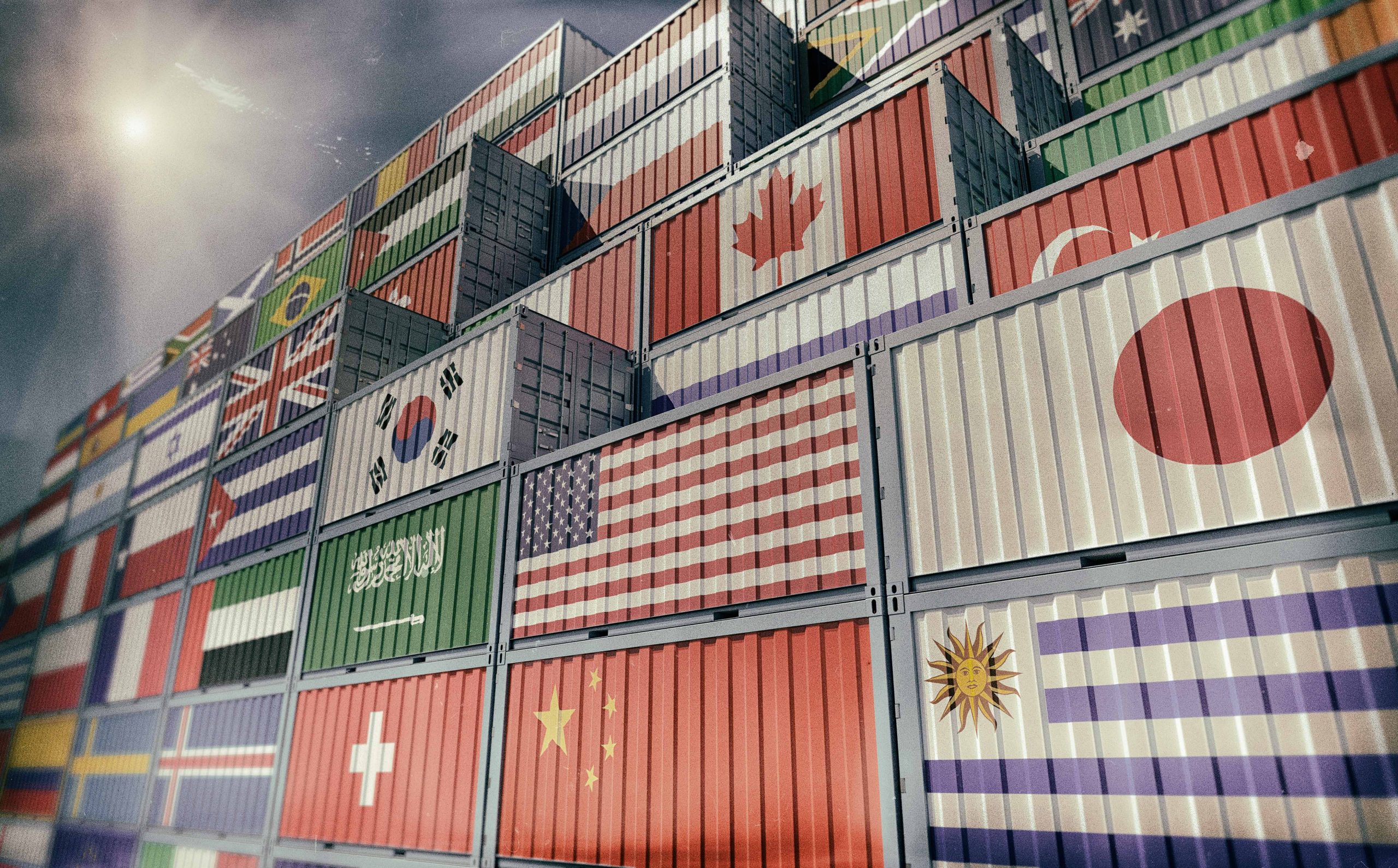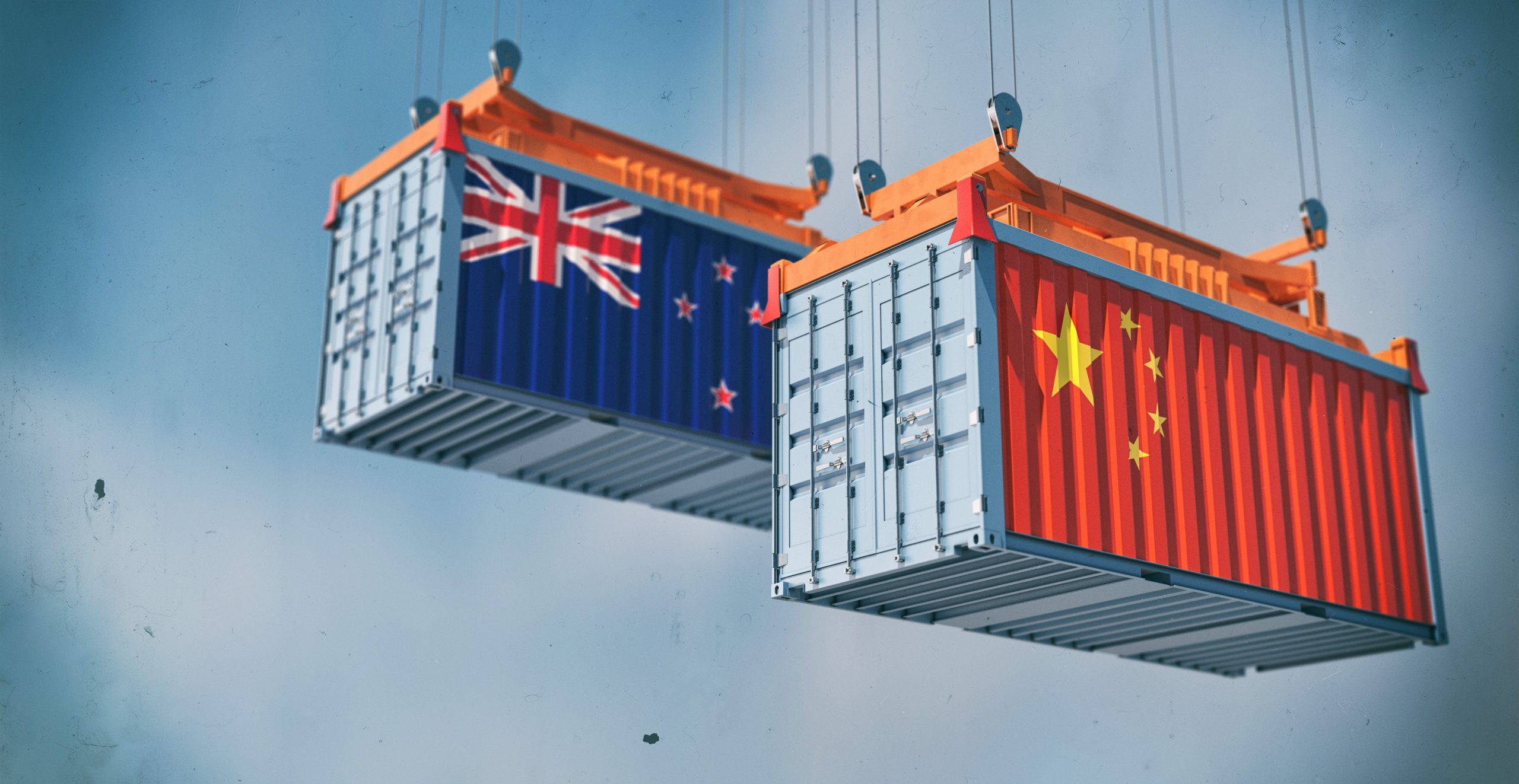The Impact of Trump’s Tariffs on Nigeria: Economic Implications and Strategic Responses
In February 2025, President Donald Trump imposed significant tariffs on major U.S. trading partners, including Canada, Mexico, and China. While Nigeria was not directly targeted, these measures have indirect consequences for its economy, influencing import costs, inflation, and trade dynamics.
Overview of Trump’s Tariff Policies
Effective February 4, 2025, the U.S. implemented:
- 25% tariffs on all goods from Canada and Mexico.
- 10% tariffs on Canadian oil exports and Chinese goods.
These actions aim to protect American industries and address trade imbalances but have sparked global trade tensions.
Potential Effects on Nigeria’s Economy
Increased Import Costs
Nigeria’s key imports from the U.S. encompass:
- Used vehicles: Commonly referred to as “Tokunbo” cars.
- Petroleum products: Including gas oil and motor spirit.
- Medical equipment: Essential machinery for healthcare services.
The tariffs could elevate prices for these imports, leading to higher consumer costs and exacerbating inflationary pressures.
Inflationary Pressures
An increase in import prices, particularly for vehicles and fuel, may contribute to rising inflation. Transportation costs, a significant component of the Consumer Price Index (CPI), could escalate, affecting the broader economy.
Trade Balance Considerations
Despite challenges, Nigeria has maintained a trade surplus with the U.S. In 2024, Nigeria exported approximately $5.29 billion worth of goods to the U.S. while importing about $3.88 billion, resulting in a $1.4 billion trade surplus. However, the new tariffs could impact this balance by affecting the competitiveness of Nigerian exports.
Strategic Responses for Nigeria
To mitigate potential adverse effects, Nigeria could consider:
- Diversifying Import Sources: Exploring alternative trading partners to reduce reliance on U.S. imports.Entrepreneurs Nigeria
- Enhancing Local Production: Investing in domestic industries to substitute imports and strengthen economic resilience.
- Engaging in Trade Negotiations: Participating in international forums to advocate for favorable trade terms and address global trade imbalances.
By proactively addressing these challenges, Nigeria can navigate the complexities arising from global trade policy shifts and bolster its economic stability.








Comments are closed.